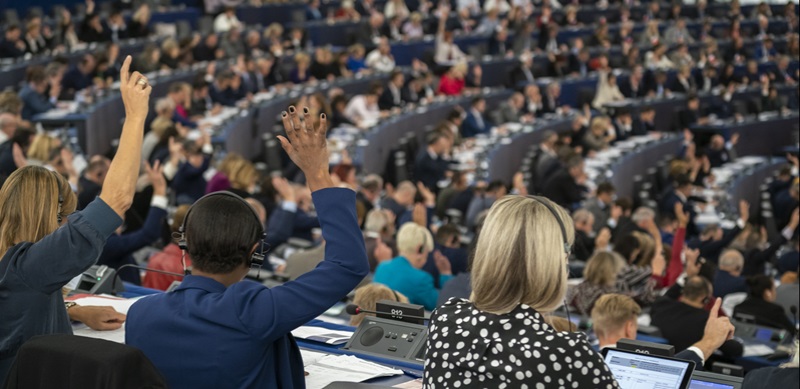News
No deregulation of genetic engineering before the European elections
Legislative process postponed due to lack of consensus
The Member States that have been critical of the EU Commission's proposal on the deregulation of new genomic technologies (NGT) from the very beginning – including Poland, Austria, Croatia, Slovakia, and Germany - continue to reject the plans in their current form. Their concerns have not yet been resolved and the unresolved issues of traceability and patenting have not been clarified.
German Agriculture Minister Cem Özdemir also maintains his negative stance. So far, no agreement has been reached in the EU Council of Agriculture Ministers, which means that there is no longer enough time to finalise the law before the EU elections. Belgian Agriculture Minister David Clarinval has therefore declared on behalf of his country's current Council Presidency that the new genetic engineering legislation will be postponed until the next legislative period.
VLOG Managing Director Alexander Hissting comments, "The postponement of the new GMO regulation is good news for consumers and especially for the organic and "Ohne Gentechnik" (Non-GMO) food industry. A decision with such serious ecological and economic consequences must not be rushed through in the last minute. The concerns are too great and too many questions remain unanswered. Minister Cem Özdemir must now seize the time he has gained to convince his counterparts from other EU countries."
Shortly after the European elections, the EU Council Presidency will pass to Hungary on 1 July 2024. This is also a good opportunity to carefully re-examine all critical arguments. After all, Hungary, which has traditionally been critical of genetic engineering, will certainly not push ahead with deregulation in a rush.
The findings of the Anses assessment must be taken into account
The debate on new genetic engineering has been fuelled by an explosive assessment from the French food safety authority Anses. The results of the Anses assessment were presented at a hearing in the EU Parliament's Environment Committee on 9 April 2024. Critics of genetic engineering deregulation had their concerns confirmed by the results of the extensive investigations. The EU Commission, on the other hand, rejected all points of criticism and risks identified in the assessment.
Spokespersons for the EU Commission and NGT supporters once again emphasised the "scientific basis" of the legislation proposal, citing the European Food Safety Authority (EFSA) in particular. The German Research Foundation (DFG) and the German National Academy of Sciences Leopoldina also still see no reason to revise their statements on the "equalisation" of NGT plants with plants from conventional breeding, even after the new critical scientific assessments by Anses and others.
Alexander Hissting demands, "The debate must continue, the results of the Anses assessment must be thoroughly reviewed and taken into account in the decision-making process."
Additional vote in the EU Parliament to secure the status quo
In February, the European Parliament narrowly approved deregulation of NGTs in principle, but surprisingly voted in favour of continuous labelling of all NGT products from seed to end product.
In order to ensure the continuation of the legislative process in the new legislative period, a new vote is to be held in Parliament on 24 April 2024. Despite the new findings from the Anses assessment, for example, it is expected that the positions will not shift and that the vote will be the same as in February.
Euractiv: EU unable to approve new gene-editing plans in current mandate
Euractiv: EU Commission defends proposal on gene-edited plants against French food safety agency
Informationsdienst Gentechnik: EU Commission rejects French criticism of genetic engineering proposal (in German)
Explosive government assessment: Many risks associated with new genetic engineering

